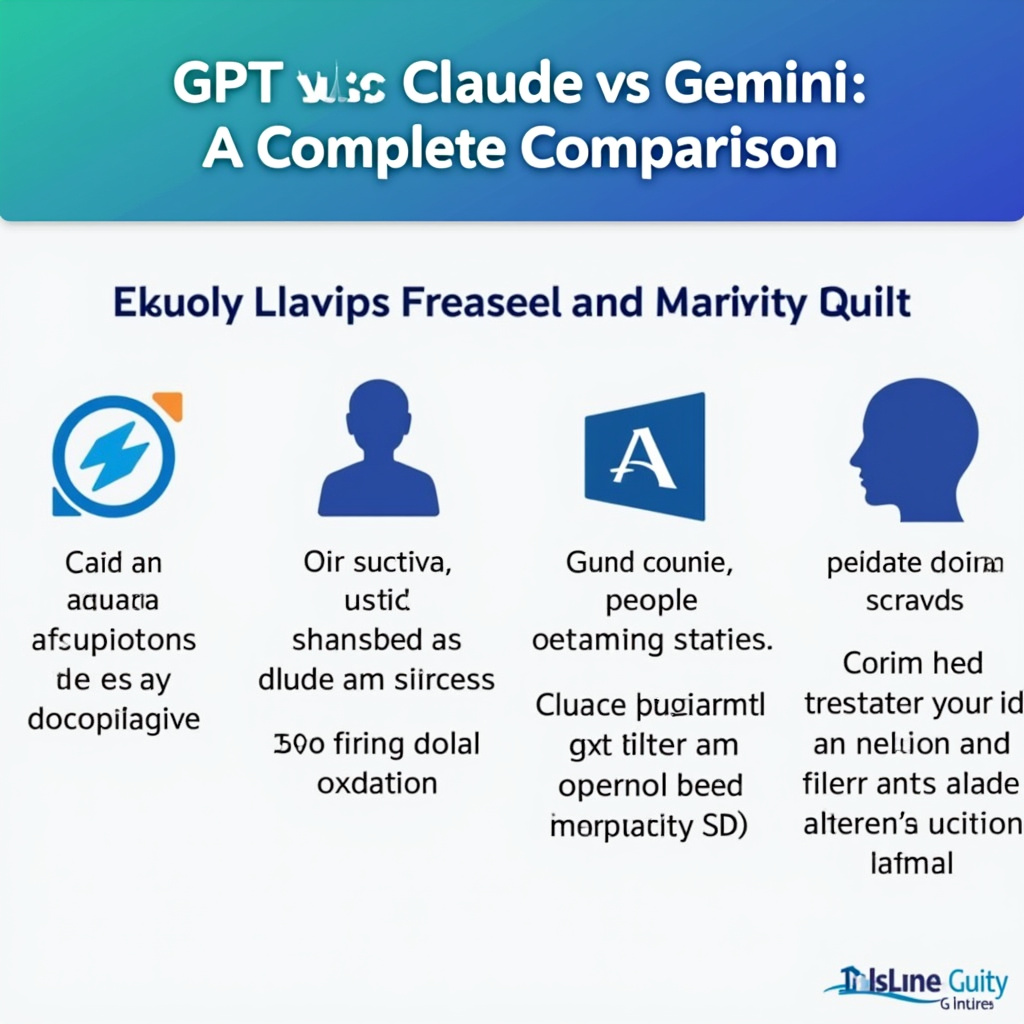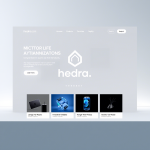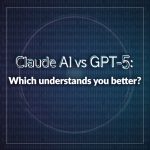Introduction
In the rapidly evolving world of artificial intelligence, three names have gained significant attention: GPT, Claude, and Gemini. Each of these AI models offers unique capabilities and features that cater to different needs. In this article, we’ll explore the strengths and weaknesses of each model, helping you understand which one might be the best fit for your requirements.
What is GPT?
GPT (Generative Pre-trained Transformer) is developed by OpenAI and is renowned for its natural language processing abilities. It has been trained on a diverse range of internet text, enabling it to generate human-like text responses based on the input it receives.
Key Features of GPT
- Versatile Language Understanding: GPT excels in understanding context and can engage in conversations, write essays, create poetry, and more.
- Wide Application Range: It is used in chatbots, content creation, and even coding assistance.
- Continuous Learning: With each iteration, GPT improves its capabilities, making it more efficient and accurate.
What is Claude?
Claude is another AI model, developed by Anthropic. It emphasizes safety and alignment with human values, making it a strong contender in the AI field.
Key Features of Claude
- Safety and Ethical Considerations: Claude is designed with a focus on minimizing harmful outputs and ensuring that its responses align with user values.
- User-Friendly Interaction: It offers a conversational style that feels more like interacting with a human than a machine.
- Robust Understanding: While it may not be as versatile as GPT in all areas, Claude shines in understanding user intent and providing relevant responses.
What is Gemini?
Gemini is a newer entrant in the AI space, developed by Google DeepMind. It aims to integrate advanced AI capabilities with real-world applications, focusing on enhancing productivity and creativity.
Key Features of Gemini
- Integration of AI and Tools: Gemini collaborates with various tools and applications, allowing users to perform tasks seamlessly.
- Innovative Problem Solving: Its design enables it to tackle complex queries and provide solutions that go beyond standard responses.
- Enhanced Learning: Gemini continuously learns from interactions, improving its responses over time.
Comparison of Capabilities
When comparing these three models, it’s essential to look at their capabilities across different dimensions:
- Language Proficiency: GPT leads in generating diverse and creative text, while Claude focuses on safety and ethical responses. Gemini offers innovative problem-solving capabilities.
- Safety and Ethical AI: Claude takes the lead here, prioritizing alignment with human values. GPT and Gemini have safety measures but are not as focused on ethical considerations.
- Integration with Tools: Gemini excels at integrating with various applications, making it ideal for productivity tasks, whereas GPT and Claude are more stand-alone models.
Use Cases
Each of these models excels in different use cases:
- GPT: Best for content creation, creative writing, and coding assistance.
- Claude: Ideal for applications requiring ethical considerations, such as customer service and mental health support.
- Gemini: Perfect for productivity tools, enhancing workflows, and solving complex problems.
Conclusion
In summary, GPT, Claude, and Gemini each bring unique strengths to the table. GPT is the go-to choice for creative and diverse text generation, Claude prioritizes safety and alignment with human values, and Gemini focuses on integration and innovative problem-solving. Understanding the differences between these models can help you choose the right one for your needs, whether it’s for personal use, business applications, or academic pursuits.




